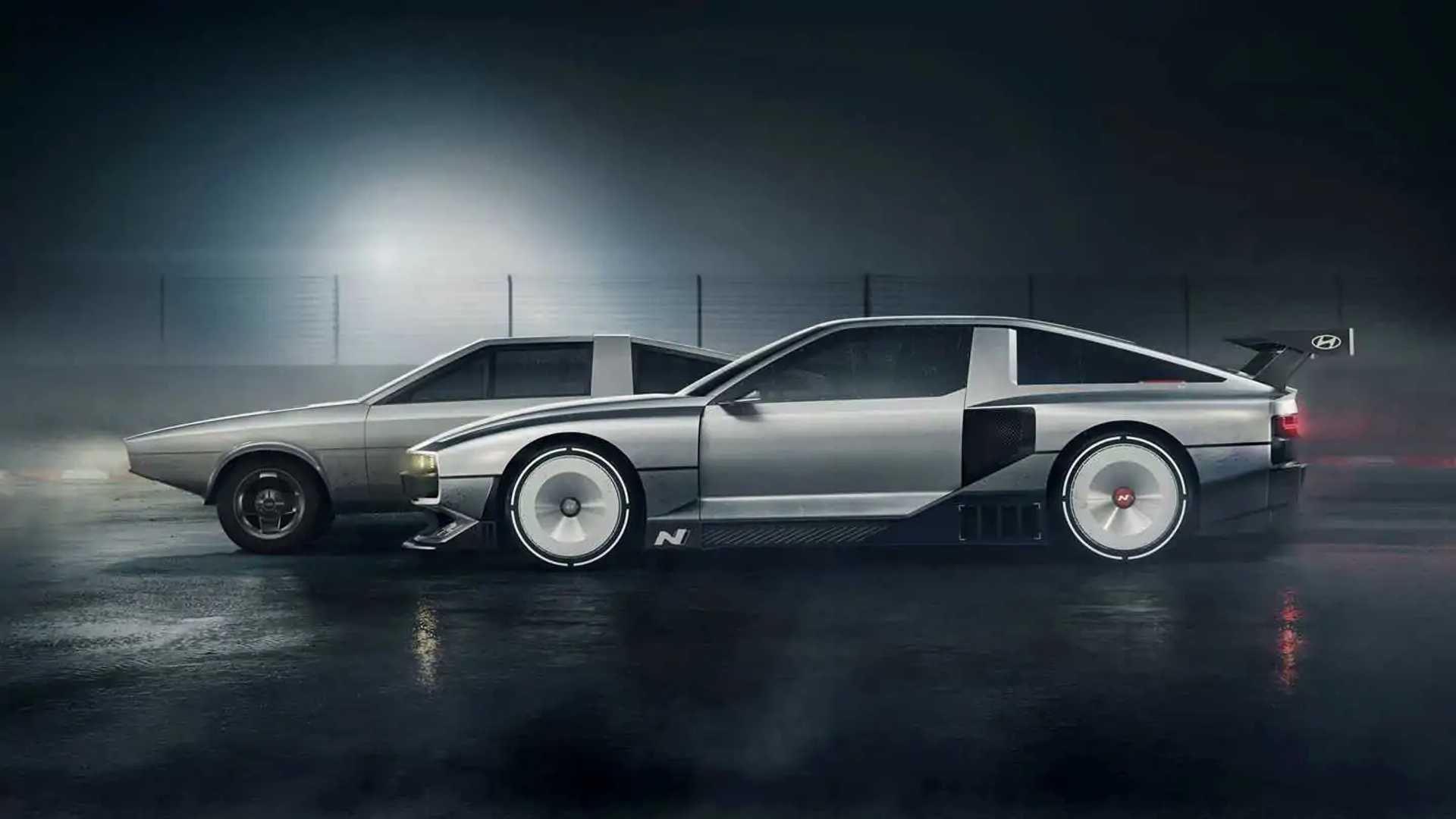
There was a rumor that circulated late last year that Hyundai was about to end all internal combustion engine development. The manufacturer did eventually announced that it was not true, although it still announced that at least in Europe, it only wants to sell EVs after the year 2035.
Now Australia’s Car Expert has spoken to Albert Biermann, who is the Hyundai group’s Executive Technical Advisor ever since he stepped down as the group’s President and Head of the Research and Development (R&D) Division. He confirmed that the company has no intention of giving up on ICE, explaining that if Hyundai wanted to maintain its position on the global automotive stage, it was going to continue to develop fuel-burning engines.
Biermann is quoted as saying
We are continuing for next emission levels [in internal combustion development]. We have no other choices. I mean, we are not giving up on combustion engines, right, we are global player.
He goes on to mention the Euro 7 emissions standard, which is set to be enforced come 2025, and that Hyundai intends to produce engines that will meet this standard. Biermann points to the charging infrastructure that in many places of the world isn’t very developed as being the big reason behind the continued development of ICE.
So we keep going with combustion engines but will we set up a whole new combustion engine family? Yeah, I mean, you have to follow the emission regulations and that requires sometimes intense development. Euro 7, for example, is quite challenging. So that’s on the agenda.
However, it may just be the case that Euro 7 will require additional means to clean the vehicles’ exhaust gases and make them run as cleanly as possible, and there is a chance that in some instances this may make a vehicle too expensive (maybe even more expensive than an equivalent EV by 2025). In other words, there may be financial incentive to speed up the expansion of charging networks around the world, so Hyundai’s plans may change.
It will all ultimately depend on how stringent Euro 7 is going to be and how much more it will add to the cost of an ICE vehicle. Hyundai is also not abandoning the idea of making hydrogen fuel cell vehicles, a point reaffirmed by the recent unveiling of the N Vision 74 Concept; it will also reportedly launch an all-new Nexo FCV in 2024.







